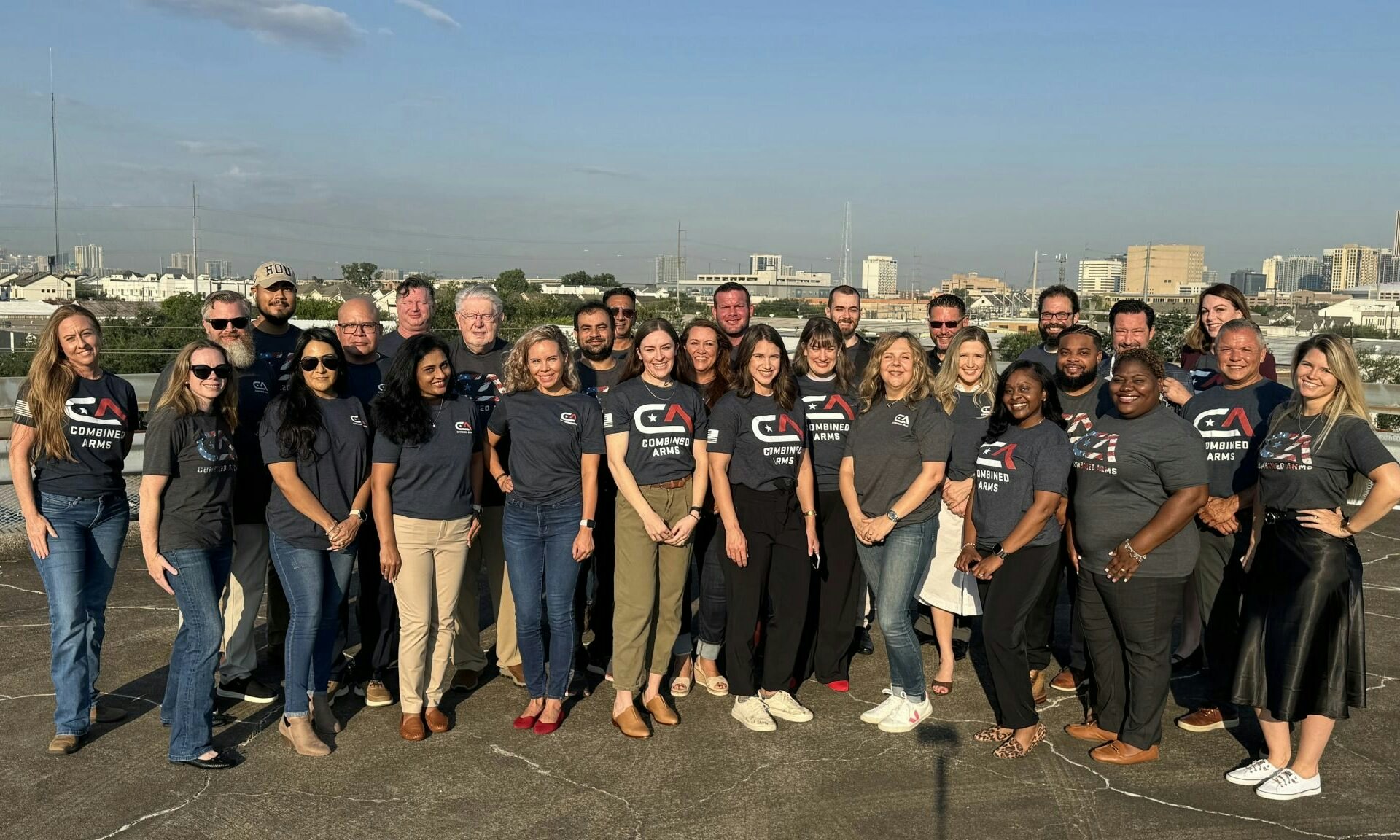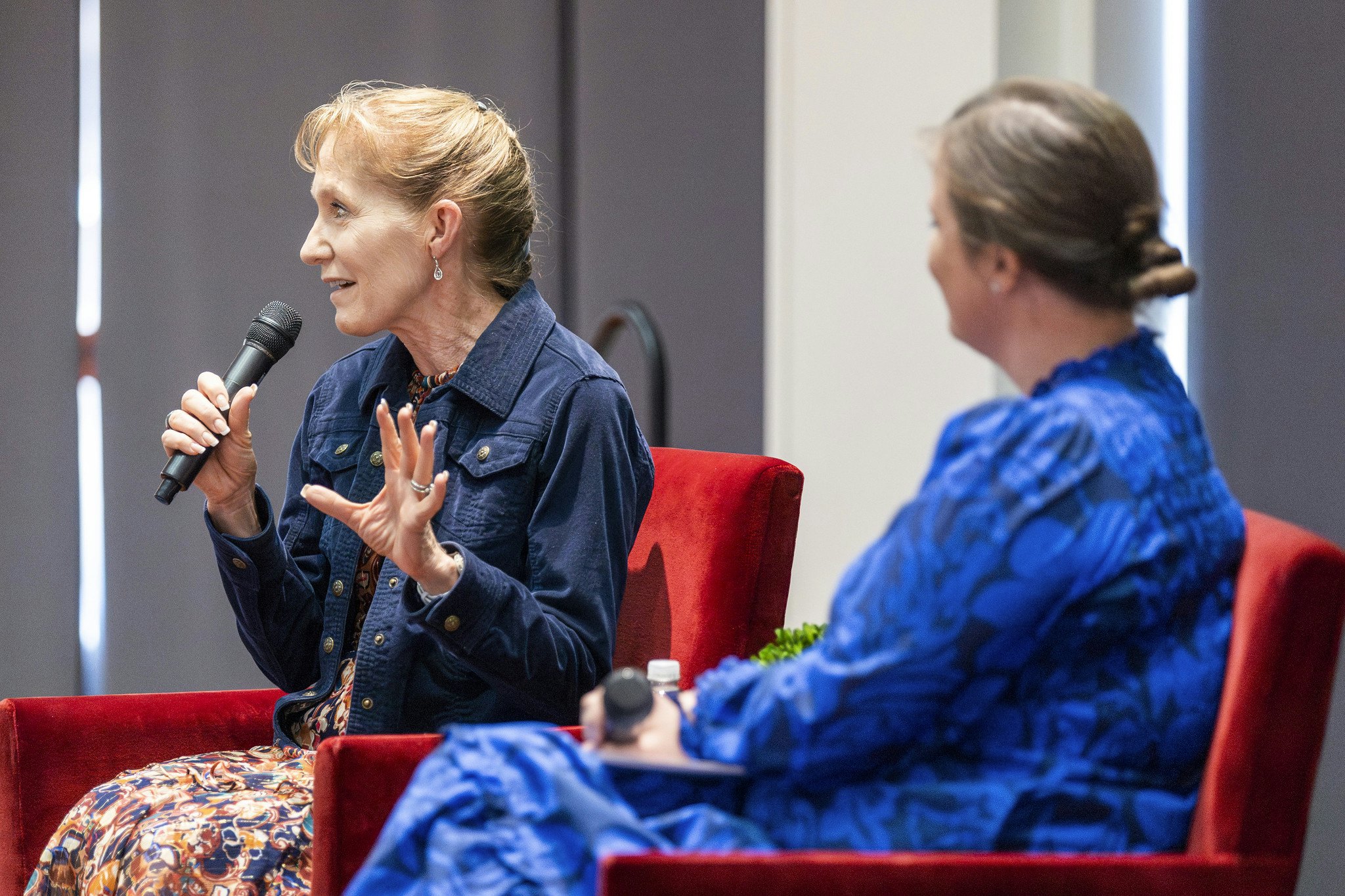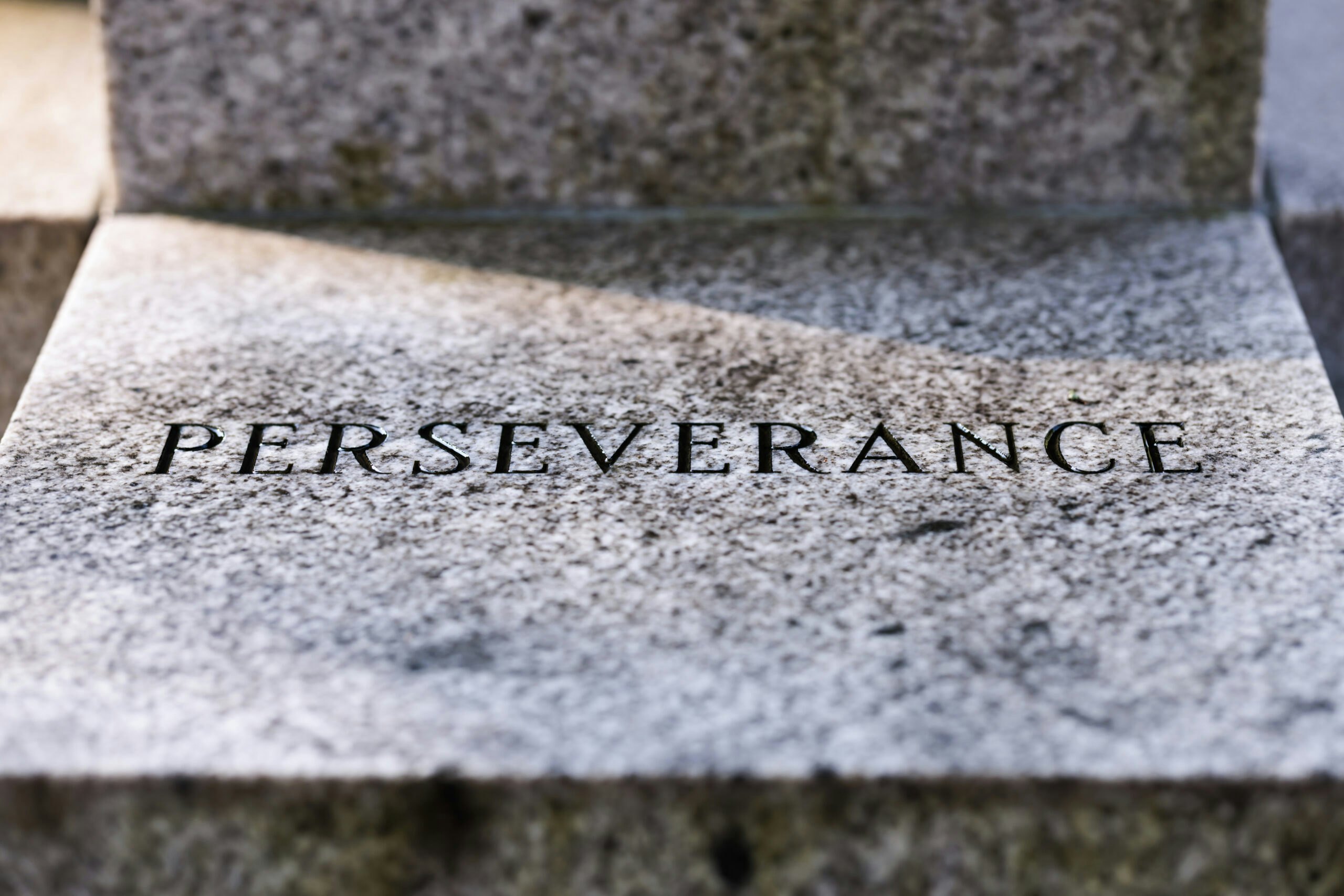U.S. Army Lieutenant Colonel Robin Johnson is retiring after 21 years of service. While the accomplishment of a successful retirement is typically celebrated with an official ceremony, today a new normal is setting in as she navigates her military-to-civilian transition during COVID-19. We asked Robin to discuss her experiences during these challenging times and share advice for other transitioning service members.
U.S. Army Lieutenant Colonel Robin Johnson is retiring after 21 years of service. While the accomplishment of a successful retirement is typically celebrated with a ceremony, today a new normal is setting in as she navigates her military-to-civilian transition during COVID-19. We asked Robin to discuss her experiences during these challenging times and share advice for other transitioning service members.
Tell us about your time in the military.
I grew up as the eldest of four children in a very small and predominately white community in rural Ohio. I longed for more diversity and exposure to different cultures. After hearing my grandparent’s stories of their military service, I was convinced that the United States Army was the most progressive and diverse employer with many opportunities to travel the world. I enlisted in the Ohio National Guard at the age of 17 and enrolled in Ohio State University where I was commissioned as an active duty Quartermaster (Logistics) officer.
By request, my first assignment was to Korea where I fell in love with the people and culture. I knew the Army was exactly where I was supposed to be and that no other path would have given me such a unique opportunity to see the world. My second assignment was in Fort Campbell, Ky. in the 101st Airborne Division where I met my husband, an Apache helicopter pilot. We married in November 2002 after we both completed an eight month deployment in Afghanistan and before we deployed to Iraq in early 2003.
After our fourth deployment, we transitioned to Ft. Leavenworth, Kas. where we attended the Command and General Staff College. During this time, we both completed our MBA’s and had our daughter, Annabelle. In 2013, while my husband was deployed in Afghanistan, I gave birth to our son. The challenge of dual-military life with small children was felt. It was only made bearable with the help and support of many family and friends.
The challenge of dual-military life with small children was felt. It was only made bearable with the help and support of many family and friends.
In 2014, I was selected to serve as the Special Assistant to the Chairman of the Joint Chiefs, General Martin E. Dempsey. In this capacity, I coordinated Soldier and Family Readiness policy issues with the Joint Staff Directorates, Combatant Commands, Office of the Secretary of Defense, and the White House. I also coordinated and executed all official and diplomatic travel and engagements for the Chairman’s spouse that included over 50 international and domestic trips.
I then served in the Office of the Secretary of the Army where I made recommendations on how to assist veterans and military families to effectively reintegrate into civilian communities. I concluded my 20 plus year career as the Employment Director for the U.S. Army’s Soldier For Life Program.
Tell us about your transition plans from military-to-civilian life.
I plan to enroll in Georgetown or Cornell’s Diversity and Inclusion professional certificate program. I am passionate about this subject and want to lead a corporate-wide program or consult across many different organizations. After being part of the Army’s gender integration efforts and a participant in the Women in The Army pilot program, I am convinced that inclusive cultures give organizations a competitive advantage.
I also believe in the use of comedy and IMPROV techniques to reduce pain and promote wellness for physical and mental afflictions. I currently perform stand-up comedy and volunteer with the Armed Services Arts Partnership. I want to spend some of my transition leave developing ways to integrate various types of comedy into corporate team building and hospital treatments.
How has your transition been going and how has COVID-19 impacted your transition plans?
I severely underestimated the emotional and physical toll that transition takes on a person. Even though I was retiring on my own terms, it still very much felt like an amicable divorce.
I severely underestimated the emotional and physical toll that transition takes on a person. Even though I was retiring on my own terms, it still very much felt like an amicable divorce.
The disappointment of retiring during COVID-19 set in the day my separation paperwork (DD-214) was delivered. After 21 years of service, I received an email with no ceremony or “congratulations.” The email simply stated, “See attached.” I had low expectations for my retirement, but was surprised by the business-like exchange. There are many veterans retiring from the armed services who should emotionally and mentally prepare for this new reality of minimal celebration due to social distancing.
Every veteran’s experience is different. In my case, I wasn’t struggling with my identity or sense of purpose, as much as the anxiety of finding employment and the opinions of others telling me what I should do.
I also had very little experience with rejection. As the rejection emails came in on jobs I had applied for, my self-doubt increased exponentially. I had potential employers not want to hire me because I am a military spouse, veteran, and one employer alluded to a concern that I will be recalled due to the pandemic.
Fortunately, I was accepted to participate in the Armed Services Arts Partnership’s storytelling and stand-up comedy boot camps. That experience helped me navigate the emotions and anxiety of the transition.
What I have learned through this process is that many companies are on a hiring freeze, so the number of jobs available are limited. The companies moving forward in the hiring process are only doing virtual job interviews and are slow rolling decisions on candidates. Additionally, organizations and companies are continuing with virtual hiring fairs and interviews, but nothing can really replicate the in-person experience.
I also had not anticipated that the civilian-military divide was as great as it was. Despite my work consulting employers, I was having trouble connecting to hiring managers, and, to be honest, I wasn’t interviewing well. Even though I had a ton of experience in the transition space and was very comfortable speaking with others, I still needed to spend more time than I had expected on translating my skills and experience to civilian jargon. Job searching is also a full-time job and, to do it correctly, it will take 40 hours a week.
I also had not anticipated that the civilian-military divide was as great as it was. Despite my work consulting employers, I was having trouble connecting to hiring managers, and, to be honest, I wasn’t interviewing well.
I’ve also come across a few companies who require a referral before an application is submitted. So I have had to leverage my network for referrals and hope it will bring my application to the front of the pile.
As a transitioning military member and from your experience with Soldier for life, what do you think veteran organizations and the community can do to help veterans transition?
First, if the veteran’s termination of service is voluntary, be candid with them on the current employment availability at their transition location and help them weigh the benefits of remaining in the military. The military offers exceptional healthcare and with the current situation, I would not recommend transitioning out of the military in the next 12 months unless you have financially prepared for the transition and have a solid plan for higher education or employment.
Connect the veteran to state and local resources because each state is handling COVID-19 differently. For example, Florida is screening every vehicle coming across the border. A transitioning service member should determine entry requirements and possibly how to obtain residency before relocating.
Connect the veteran to state and local resources because each state is handling COVID-19 differently.
If the veteran has young children and a spouse, take into consideration that perhaps the veteran should stay home with the children and the spouse become the income provider. Too often we discount military spouses and their employability. Look at the total family situation and then determine the resources they require.
Veteran Service Organization and Military Service Organizations should also help employers think outside the box while many of our Nation’s schools and childcare facilities are closed. If they are willing to be creative with work schedules, many veterans and their spouses can be highly productive employees through remote work or flexible schedules. Organizations that provide free or reduced cost for internet, home office equipment, and remote work training could be valuable.
What advice do you have for other veterans who are transitioning or planning to transition during this time?
There are so many resources out there that it can be overwhelming and confusing. Take some time to figure out what you need most— mentoring, resume writing, LinkedIn profile updates, networking, up-skilling, education. Then build out a list of the resources available at your transition location and where you want to transition to. A few places to start:
- Soldier For Life and their podcast has some incredible episodes diving into the most common concerns and questions during transition.
- National Resource Directory is also a great place to start.
- Connect to the state work force agency and American Job Center closest to where you will transition to for state and local specific resources. Also, use this resource to determine if you are eligible for unemployment compensation.
- Your networking focus should be with people located where you want to move to, not where you transition from.
- Maximize the websites you are job searching on by completing your profile completely and setting alerts for jobs within the industry you are desiring to work. I missed out on a number of jobs because they closed before I had the chance of applying.
- Don’t procrastinate on filing your Veteran Affairs (VA) claim. The sooner you get your disability rating, the sooner you can leverage the points for veteran preference for government jobs.
- Don’t eye roll at financial resources. I attended an extremely helpful virtual course with David Piatek, hosted by USO Pathfinder..
- Use this time to ace behavior based interviews. There are a ton of YouTube videos that coach you on how to do this. This is an excellent time to write out your responses to the 30 most frequently asked interview questions and rehearse.
- Consider writing professional articles related to the industry where you are seeking employment and continue to learn through self-study.
- Set daily goals and hold yourself accountable.
- Make sure you are exercising and taking care of your mental health. It’s easy to make excuses on why you are not and it has an exponentially negative impact on your overall health.
- Participate in the many career preparation virtual events. I have been following the U.S. Chamber of Commerce Hiring our Heroes Program, Corporate Gray, and RecruitMilitary.
Social distancing will require interviews to be done virtually. Here are some tips:
- Have a quiet space to do this from your home
- The background should be professional and neat.
- I personally do not like virtual backgrounds, but if you don’t have any other option, that is better than having your bed or piles of laundry in the background.
- Make sure you are familiar with how to use Zoom, Skype, and Google Meet. If you want to share product samples during the interview, have them up and ready for screen share.
- Do a test call with a friend to make sure your audio/video work correctly and that your camera settings show a head shot view of you, lighting is adequate, and camera is positioned correctly. Use books or boxes to prop up your computer camera to be eye level.
- If you have another adult in the home, work together to balance times when the other ensures the kids are quiet during calls or invest in a good headset and be skilled at using the mute button
- Just because your interview is virtual, that doesn’t mean that you shouldn’t look your best. I still interviewed in a full suit as if I was interviewing in person.
Employment options may be reduced in the coming months so manage your expectations. If you do not have a strong healthcare, IT, cyber, or engineering background, you may need to up-skill to be competitive against the millions of Americans now looking for work. And don’t get discouraged. Finding employment is hard work and if you are fierce about it, you will find a job. Don’t stress if it’s not your dream or forever job. That is the ideal situation, but during this time you may consider accepting a feasible option versus the best option.
If you do receive a job offer, I think the questions about telework, health coverage, sick leave are going to be a larger part of the conversation and negotiation. Be prepared to discuss these and do your research on what similar companies are offering.
Remember, job loss is survivable. Control what you can and stay encouraged. Even if you don’t get employment immediately, look at where you can volunteer and get valuable job experience. I have tripled the hours I volunteer with the Women’s Mentorship Network, Armed Services Arts Partnership, and The All Glory Project and it has really helped me keep many of my skills sharp.






























